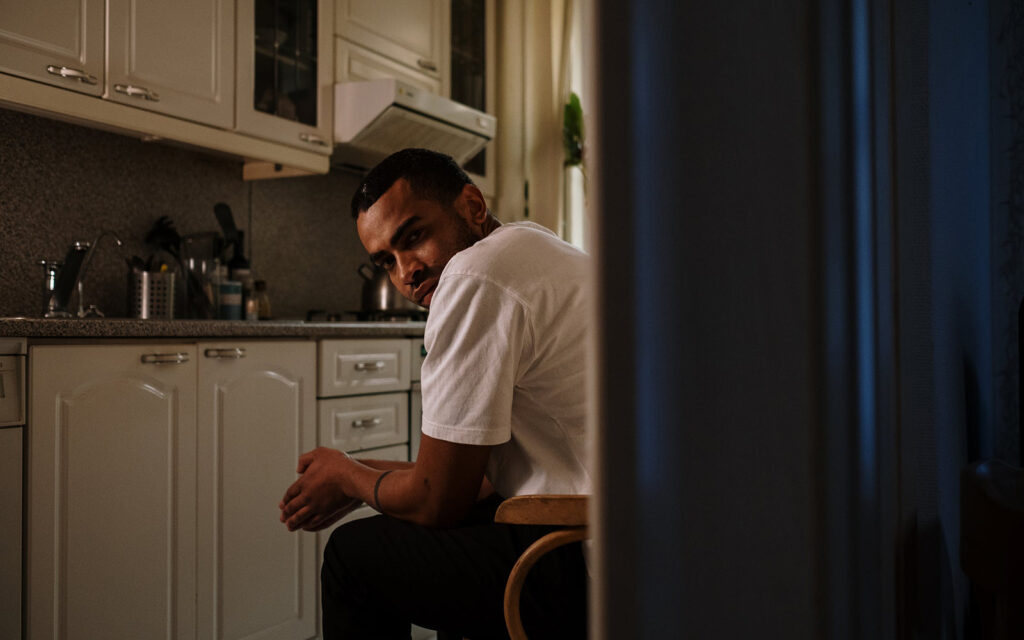Feelings can overwhelm us. Frustration, anger, loneliness or fear can come from anywhere in your life and you can’t live with these feelings hanging over your head.
When things aren’t going your way, whether it’s an argument with a partner or a tough meeting at work, all kinds of issues and emotions can pop up along the way.
It’s natural for people to look for something they can do about it
What we choose to help us cope can make a huge difference in where we end up.
It is very personal and we will each gravitate to different things. Some of them are deeply ingrained in us and it’s hard to see what’s happening to us.
People will use drugs and alcohol to cope and it’s hard to know when that has become your go-to strategy. Here are three ways to see if this is you:
1. When you’re struggling, do you downplay it or hide?
When things aren’t going your way, is your first instinct to let people know or to hide it?
If you feel that people will think worse of you if they see you stressed out, you’re going to choose the coping strategies that let you maintain that cool-calm-and-collected image.
For most men, that means turning to alcohol or drugs, because they can both maintain their current aloof status while also trying to manage their overwhelming emotions.
No one will blink an eye when you say you need a drink or two after a tough day at work, but taking a mental health day off of work seems like a much more daunting task.
2. Are your friends and family on your side?
We are social creatures and our relationships play a big role in our lives. We want to fit in, be part of the group and lean on them when we’re feeling down.
If your friends or family members are genuinely accepting of you, you wouldn’t have to prove yourself. Instead, you will receive empathy or support from them when you are struggling.
If you feel that your friends or family don’t have your best interests at heart (or if you don’t want to test it), you might be more likely to turn to drugs and alcohol to fill the lack (or perceived lack) of support.
In fact, we might even increase our drinking and drug use to reconnect with our friends.
Men are particularly vulnerable to this because their friendships are more often based on shared interests or activities. This means you could do drugs or drink with your friends because you don’t want to be labelled the “buzzkill” or see your hangout invites slowly fizzle out when you say “no” one too many times.
In an effort to keep up your friendships and regularly hang out, you’ll drink more or try drugs that you wouldn’t do on your own. Once it’s become a regular way to hang out, it can be difficult to recognize when it has become a problem.
3. Do you think you have a problem?
You might be reading this article because you’re curious, but there also might be a small part of you that is worried you are using drugs and alcohol as a way to cope.
And that’s alright.
Recognizing there might be a problem is one of the hardest steps to take in creating a better future for yourself. Being aware enough to know when you’re struggling with your emotions is not as easy as you might assume.
To make things even more complicated, men are more likely to externalize their negative emotions. This means when you’re overwhelmed with emotions you are more likely to express them as actions, which can be impulsive or aggressive. This can become a problem when these actions put you in risky situations, like impulsively using drugs, driving recklessly, or becoming aggressive and starting fights.
Have you recently lost a source of stability, are acting impulsively or making rash decisions?
If you’re externalizing your emotions, you’re missing out on opportunities to untangle your emotions and reflect on your situation. Without those opportunities, it’s even harder to understand when you might need a helping hand.
If this is you, what can you do?
It’s important to acknowledge that asking for help is hard. It takes courage.
Asking for help is a crucial part of getting back to the person you want to be. It can be scary to be vulnerable, express the emotions you’ve tried to hide and find someone you trust. A close friend or family member might suspect something is wrong and they are often willing to help.
There are people out there who want to help you. If you don’t feel comfortable with friends or family, you can also call your local crisis lines for support.
1-833-327-MENS (6367)




